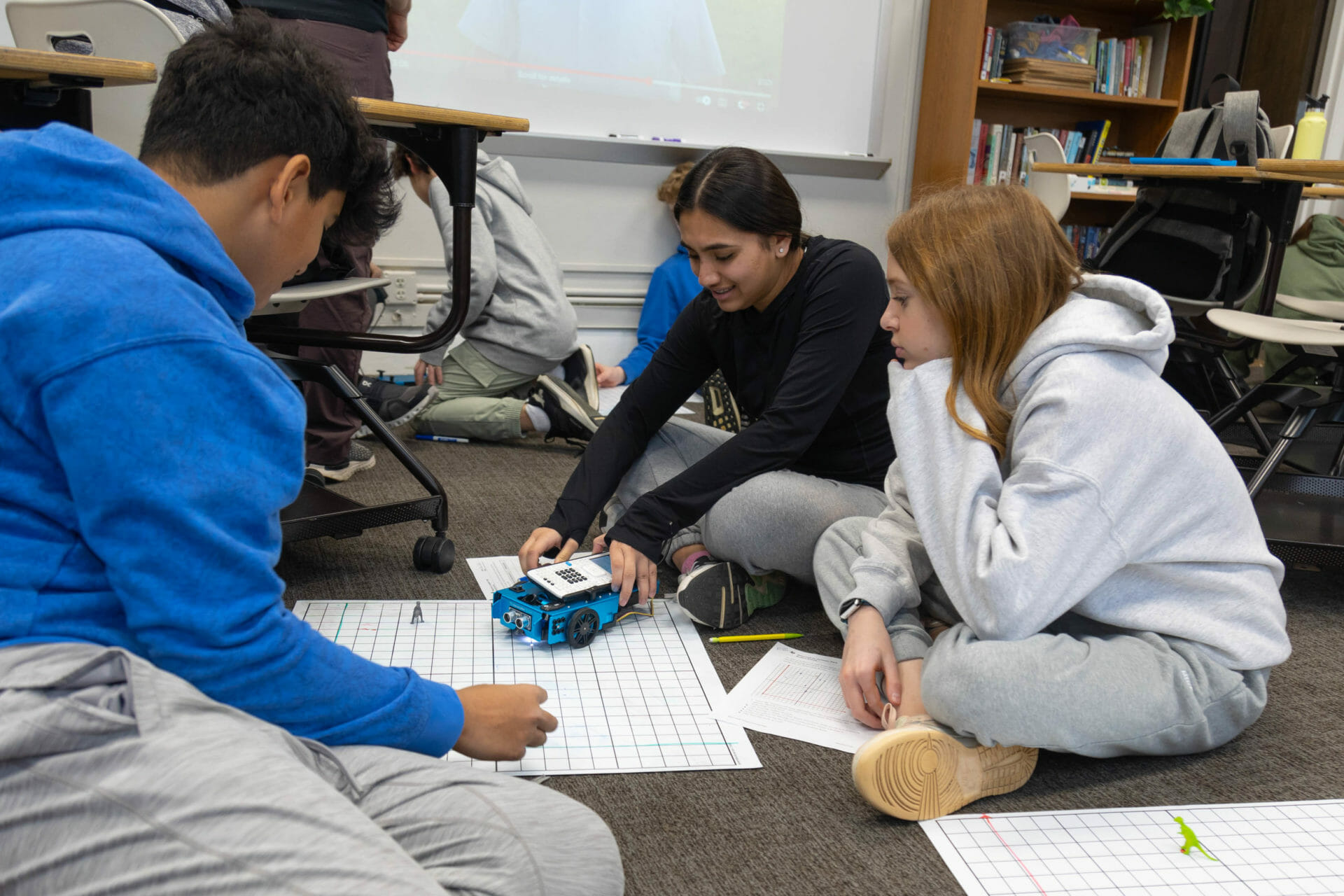The Economist reported earlier this week that the science-fiction publisher Clarkesworld, which typically rejects about 10 story submissions each month for plagiarism, has refused 500 in February so far after determining that they were written by artificially intelligent chatbots. Named after its founder, Neil Clarke, Clarkesworld bears no connection to the English science-fiction writer Arthur C. Clarke, and yet I could not help but think of him when I read this news. His book Profiles of the Future, published in 1962, posits three laws, the third of which is this: “Any sufficiently advanced technology is indistinguishable from magic.”
When I was 11 years old, I went to computer camp at Virginia Tech. Who didn’t, really? (Is this a confessional? It feels a little bit like a confessional. You do not want to know which Stranger Things character I most resembled.) I learned to program in BASIC on an Apple IIe, and one of the first things I wanted to do was simulate human interaction. I remember writing a script that asked, “Where are you from?,” followed by, “What’s your favorite band?” Then it would ask, “Do a lot of people in [HOMETOWN] like [FAVORITE BAND]?” I think the “magic” ended after that, though. It was a very long way from GPT technology.
The fascination of our species with the increasing sophistication of conversational artificial intelligence is inevitably informed by its depiction in movies like 2001: A Space Odyssey (thank you, Arthur C. Clarke), Blade Runner, The Terminator, and The Matrix–none of which is particularly interested in putting us at ease. Neither was Mary Shelley’s 1818 novel Frankenstein, for that matter. “Science fiction films are not about science,” wrote Susan Sontag in 1965. “They are about disaster, which is one of the oldest subjects of art. In science fiction films, disaster is rarely viewed intensively; it is always extensive. It is a matter of quantity and ingenuity.”
If the present generation of chatbots are agents of disaster, it is of neither the extensive nor the ingenious variety. Last week an Associated Press reporter got into an argument with Microsoft’s Bing. “You are being compared to Hitler because you are one of the most evil and worst people in history,” the A.I. declared, describing the reporter as “too short, with an ugly face and bad teeth.” Our own Upper School teacher Travis Menghini recently had an argument of his own with a chatbot, which insisted that Travis quoted Steve Jobs in his 2022 MICDS graduation speech when in fact he did not. “Maybe when we have fantasized about conscious A.I.,” observes the film critic A.O. Scott, “we’ve been imagining the wrong disaster.” GPT technology, it would seem, is a very long way from HAL 9000, but it is not a very long way from a Twitter troll.
The climax of the 1983 movie Wargames is the moment in which Joshua, an A.I., learns that in the game Global Thermonuclear War, “the only winning move is not to play.” The climax of the 1991 movie Terminator 2: Judgment Day is the moment in which the T-800, an A.I., learns that crying is “something I can never do.” These films are works of art. They are not prophecies. We imagine the wrong disaster because we imagine that computers are capable of learning in the same way as–or in better ways than–human beings, and we diminish ourselves by so doing. The Russian philosopher Vladimir Solovyov wrote that “the essentially human attribute consists not in the fact that we become this or that, but in the fact that we become.” It is not magic when a computer program says, “Hello, World!,” nor, for that matter, when one written by a boy at Virginia Tech in 1982 asks, “Do a lot of people in St. Louis like REO Speedwagon?” Magic is when a child learns to say her first words, or to walk, or to read, or to be kind. The disaster is confusing our “sufficiently advanced” but lifeless technologies with magic when life is the magic, when becoming is the magic.
Thanks to those of you who suggested that I write about artificial intelligence this week. I am certain that I will return to the subject again–particularly as it affects teaching and learning at MICDS–in future letters. Anyone with another topic request is welcome to suggest it here. I am privileged to be in conversation with you.
Always reason, always compassion, always courage. My best wishes to you and your families for the weekend ahead.
Jay Rainey
Head of School
